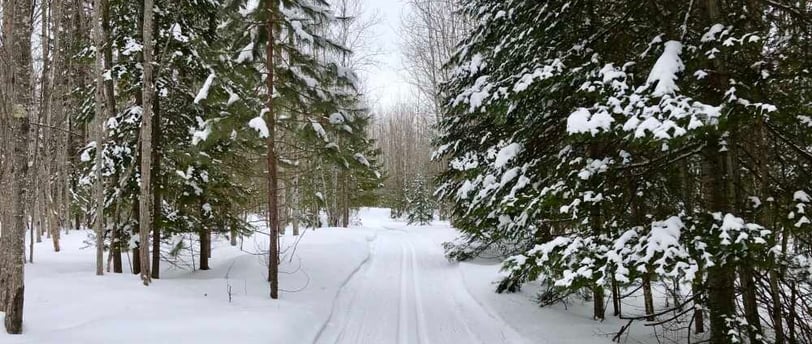Preparing Your Gas Pipeline for Winter: Tips and Tricks
As temperatures drop, it's important to ensure that your gas pipeline is ready to handle the challenges of winter. Cold weather can affect the performance and safety of gas systems, making proactive maintenance essential. Follow these tips to keep your gas pipeline functioning efficiently throughout the winter season:
11/21/20242 min read


1. Inspect for Leaks
Check for any signs of gas leaks, such as an unusual smell (rotten eggs) or hissing sounds.
Use a soap-and-water solution to test connections for leaks. Bubbles will form if there’s a problem.
Address leaks immediately with professional assistance.
2. Schedule a Professional Maintenance Check
Hire a certified technician to inspect the pipeline for wear and tear, blockages, or weak connections.
Ensure all valves, regulators, and seals are in good condition.
Professional maintenance reduces the risk of unexpected issues during winter.
3. Insulate Exposed Pipes
Use weatherproof insulation to protect exposed gas pipes from freezing temperatures.
Insulation prevents condensation buildup, which could lead to freezing or corrosion.
4. Check Gas Pressure Levels
Ensure the gas pressure is adequate for your appliances to function efficiently.
Low pressure may indicate blockages or other issues in the pipeline that need immediate attention.
5. Protect Outdoor Pipelines and Appliances
Clear debris, snow, or ice from around outdoor gas lines and meters.
Avoid piling snow or using de-icing chemicals near pipelines, as they may cause damage.
Use protective covers designed for outdoor gas equipment to shield them from harsh weather.
6. Test Emergency Shutoff Valves
Confirm that the emergency shutoff valves are operational and accessible.
Educate your household members on how to use the shutoff valve in case of an emergency.
7. Maintain Proper Ventilation
Ensure vents and flues connected to gas appliances are clear of blockages, such as snow or ice.
Proper ventilation prevents gas buildup and ensures efficient combustion.
8. Monitor Gas Appliances
Inspect gas-powered heaters, stoves, and water heaters for any signs of malfunction.
Clean appliance burners and vents to ensure optimal performance.
Consider upgrading older appliances to energy-efficient models for better winter performance.
9. Prevent Pipeline Freezing
Keep a steady flow of gas through the pipeline by using appliances regularly.
If you're away for an extended period, do not shut off the gas completely—maintain a minimal flow to prevent freezing.
10. Prepare for Emergencies
Save the contact information of your gas service provider for quick access in case of issues.
Install a carbon monoxide detector to identify any dangerous gas buildup indoors.
Keep an emergency kit with flashlights, batteries, and a portable heater ready for use.
Benefits of Winter Preparation
Prevents costly repairs and interruptions during the cold season.
Ensures the safety of your household by reducing the risk of gas leaks or appliance failure.
Enhances the efficiency of your gas appliances, saving energy and money.
By taking these proactive measures, you can ensure a safe and warm winter for your family while keeping your gas pipeline in top condition.
Contact US Today:
Email: info@vaultgaspipeline.site
Phone:
+91 8522 09 2525
+91 95155 92020


Quick Links:
Services
Our Process
Why Choose us
Contact us
Our Services:
Gas Pipeline Installation
Gas Pipeline Maintenance
